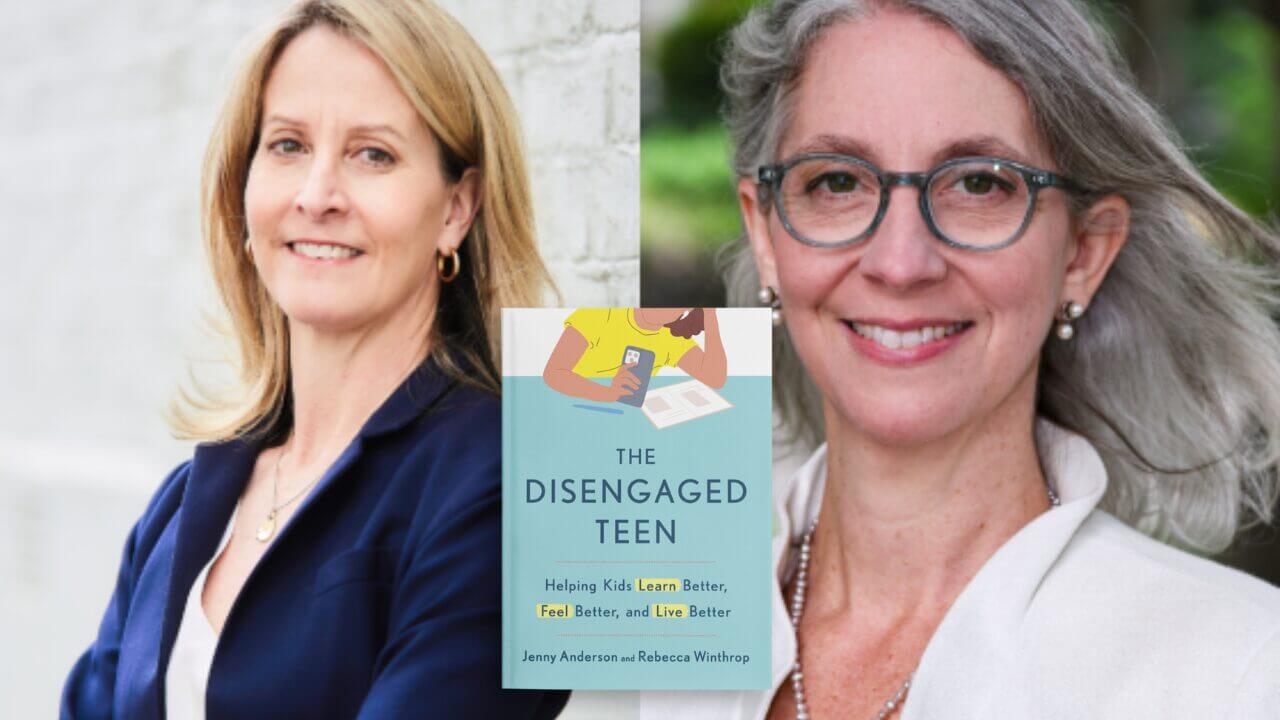Editor’s Note: Jeremy Jamieson is an assistant professor of psychology at the University of Rochester where his primary research interests focus on emotion regulation and how stress impacts decisions, emotions, and performance. Aaron Altose is an assistant professor in mathematics at Cuyahoga Community College in Cleveland, OH. He is also a Quantway instructor within the Carnegie Foundation’s Community College Pathways. They are working as a team as part of one of Carnegie’s Alpha Labs.
“The greatest weapon against stress is our ability to choose one thought over another.” — William James, philosopher and psychologist
Every math teacher in a developmental-level class knows about the challenges of test anxiety. It is understood that in an environment where success is primarily measured by achievement on a proctored assessment, promoting student success means devoting some effort to test preparation and other activities that reduce test anxiety.
Carnegie’s Quantway and Statway Pathways are designed and implemented in a way that focuses more on the students’ learning (over the instructors’ teaching) and are increasingly based on what research has demonstrated to be effective learning structures and processes. So, naturally, embracing the challenge of test anxiety follows a similar approach: focus more on what the students understand about their own anxiety as we build off of the insights of research.
In an effort to promote research-based practice, Carnegie has developed Alpha Labs. Within each Alpha Lab there are researchers who partner with a community college faculty member to test interventions that address specific instructional routines, skills development approaches, or mindsets interventions necessary to promote success in the classroom. A growing body of evidence indicates that teaching people to reinterpret stress arousal as a potentially useful coping resource that can help improve outcomes during stressful evaluative situations, such as interviewing for a job, speaking in public, or performing in an academic setting (Crum, Salovey, & Achor, 2013; Jamieson et al., 2010; 2013; Jamieson, Nock, & Mendes, 2012; 2013, Woods, 2014). Given this, one Carnegie Alpha Lab has tested arousal reappraisal routines to develop students’ ability to cope with the stress and anxiety of testing situations. Arousal reappraisal instructs individuals that the physiological arousal experienced during stress is not harmful, but rather can be conceived of as a coping resource that aids performance. This perspective builds directly on reappraisal research from the emotion regulation literature (Gross, 1998; 2002).
Aaron Altose explains: “In my Quantway class, I’ve tried many approaches over the years to help students confront their negative feelings around taking exams. We talk about the proper amount of time to spend studying, finding the right environment, eating and sleeping well, and not cramming before a test. I’ve tried guiding students through progressive muscle relaxation before tests. I had a constantly evolving PowerPoint presentation comprised of
information and articles I found online about understanding the ‘fight or flight’ response and high-pressure performers like Air Force pilots and emergency room doctors.But students sitting down to take a math test seemed to never take this information to heart. Negative interpretations of bodily signs of stress persisted. However, this material clearly demonstrated to students that they would have to overcome their performance anxiety to succeed.”
This new arousal reappraisal approach seeks to change “bad stress” into “good stress.”
There are methods specifically designed to help people improve their performance in stressful situations by re-interpreting the meaning of bodily signs of stress arousal, such as sweaty palms or racing hearts. Rather than seeking to reduce or eliminate stress or emotional intensity to improve outcomes, this new arousal reappraisal approach seeks to change “bad stress” into “good stress.” The Alpha Lab developed and tested interventions were developed for just that purpose.
When students participate in an Alpha Lab activity to test the efficacy of methods to reverse the negative effects of stress, they complete very specific inventories of their feelings and emotions immediately before they take an exam. The arousal reappraisal intervention involves having students read summaries of scientific articles highlighting the adaptive benefits of stress. After reading the materials, students are asked to respond to two multiple choice questions that ensures they read the materials and to encourage them to accept the information provided.
Seeing students take a more empowered approach to understanding their stress, just as they take more control of their mathematics learning, has been powerful for faculty as well.
While the purpose of the experiment is not shared with students, students have said that the activity helped them better understand what they were feeling. “I know before a test, I just feel bad, but maybe what I really feel is determined,” one student said, after participating in the inventories as part of the experiment. Seeing students take a more empowered approach to understanding their stress, just as they take more control of their mathematics learning, has been powerful for faculty as well.
Although data collection is still ongoing, preliminary results are promising. Upon completion of the current project Pathways faculty and researchers will further develop the reappraisal intervention for more widespread dissemination and testing.
By testing interventions like these, Alpha Lab faculty and researchers working together are able to help students overcome key hurdles, stress and anxiety, and to maximize their success in the classroom.
To continue this discussion, Carnegie will be hosting a webinar with Jeremy Jamieson this fall. Join our mailing list to be the first to hear when registration opens.
July 29, 2014
Carnegie’s work rests on the assumption that we need to increase the rate of learning to reach higher educational aspirations. A key component of that vision is building on others' learning.
August 21, 2014
The participants of Building a Teaching Effectiveness Network (BTEN) have sought to build the type of integrated system of measurement described in Practical Measurement that is so often lacking in our educational systems.







